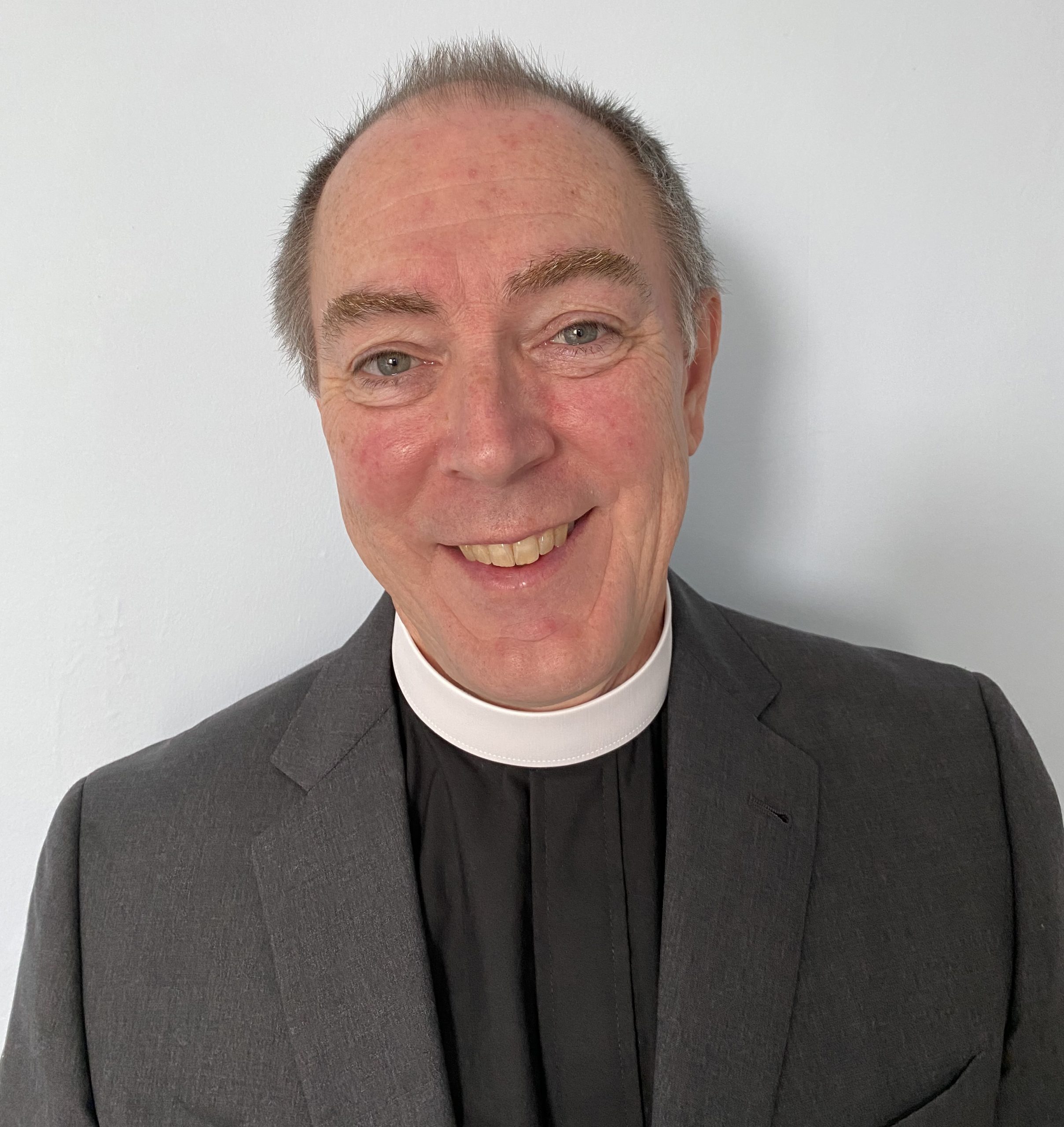Staying human in a pandemic-ridden world : Dr Michael Hull
No one knows how long it will take us to recover from the pandemic. In the meantime, the ravages of isolation, the unnaturalness of social distancing and the awkwardness that is often experienced among us when we come into what was until recently normal contact are hobbling our humanity and driving us from each other. There is a danger that many of us will withdraw into lonely, almost inhuman existences not unlike that depicted in The Net, a 1995 American film, in which Angela (the protagonist) has allowed her interpersonal relationships to shrivel to online interaction only. When Angela’s identity is stolen by all-too-real ‘virtual’ criminals, she literally has no one to turn to because she is lost in cyberspace. Angela needs to reclaim her humanity to save her life, and to do that, she needs to get back to flesh-and-blood existence in the world even if her life is endangered.
On 28 June each year, the Church commemorates a saint who reminds us of the importance of our humanity: St Irenaeus of Lyon. He flourished in the second century. He is in many ways the first Christian theologian insofar as he systematised wisdom from Holy Scripture to deal with a predicament that challenged people in his own day. Staying human in times of confusion, unfortunately, is not unique to our day. Chaos and catastrophe have confronted us in centuries past. In Irenaeus’s day, an amorphous compendium of quasi-philosophical and quasi-theological thought had amalgamated that saw material existence as some kind of flaw or, even worse, some kind of evil. So-called Gnosticism conceived of the universe, that is planets and stars, animals and plants, even humans, as encumbrances to knowing a divinity who eschewed materiality, so much so that Gnosticism denied the Incarnation. God, according to this way of thinking, could not really have become human, could not really have been an incarnate, enfleshed being as is Jesus because the spiritual and the material are incompatible.
Irenaeus was keen to remind his fellow Christians that Holy Scripture reveals a God who not only orders the universe and forms us from dust, but who looks upon the whole shebang and pronounces it ‘good’ (Genesis 1.31). Similarly, Irenaeus, noting that God created us in his image and likeness in the flesh (Genesis 1.27), stresses that God’s glory (in terms of this miracle of spirit and matter that is humanity) is manifest when we are fully alive: when we procreate, when we praise God with song and dance, when we strive to use the gifts God has given us, both in the human community and in creation, to their fullest. God’s glory is revealed in the visual arts, for example, when we paint and when we appreciate what we have created in like manner to the way in which God appreciated what he had created. Such appreciation demands physicality. Materiality is fundamental to the created order and to us. It is good, and its goodness is underscored by the Incarnation.
Yet, the benighted thinking of Gnosticism survived Irenaeus’s exposure. It has been with us through the centuries and continues in the twenty-first century in many guises all of which posit some opposition between spirit and flesh, mind and matter, in such wise as to insinuate they are incompatible. Positing such opposition flies in the face not only of God’s creation but of his redemption, for Jesus rose from the dead in a glorified body. Jesus says to those who think he rose merely in spirit, ‘See my hands and my feet, that it is I myself. Touch me, and see. For a spirit does not have flesh and bones as you see that I have (Luke 24.39).
The Reverend Dr Michael Hull has been an Assistant Priest at St Vincent’s since 2015, and is Director of Studies at the Scottish Episcopal Institute.

